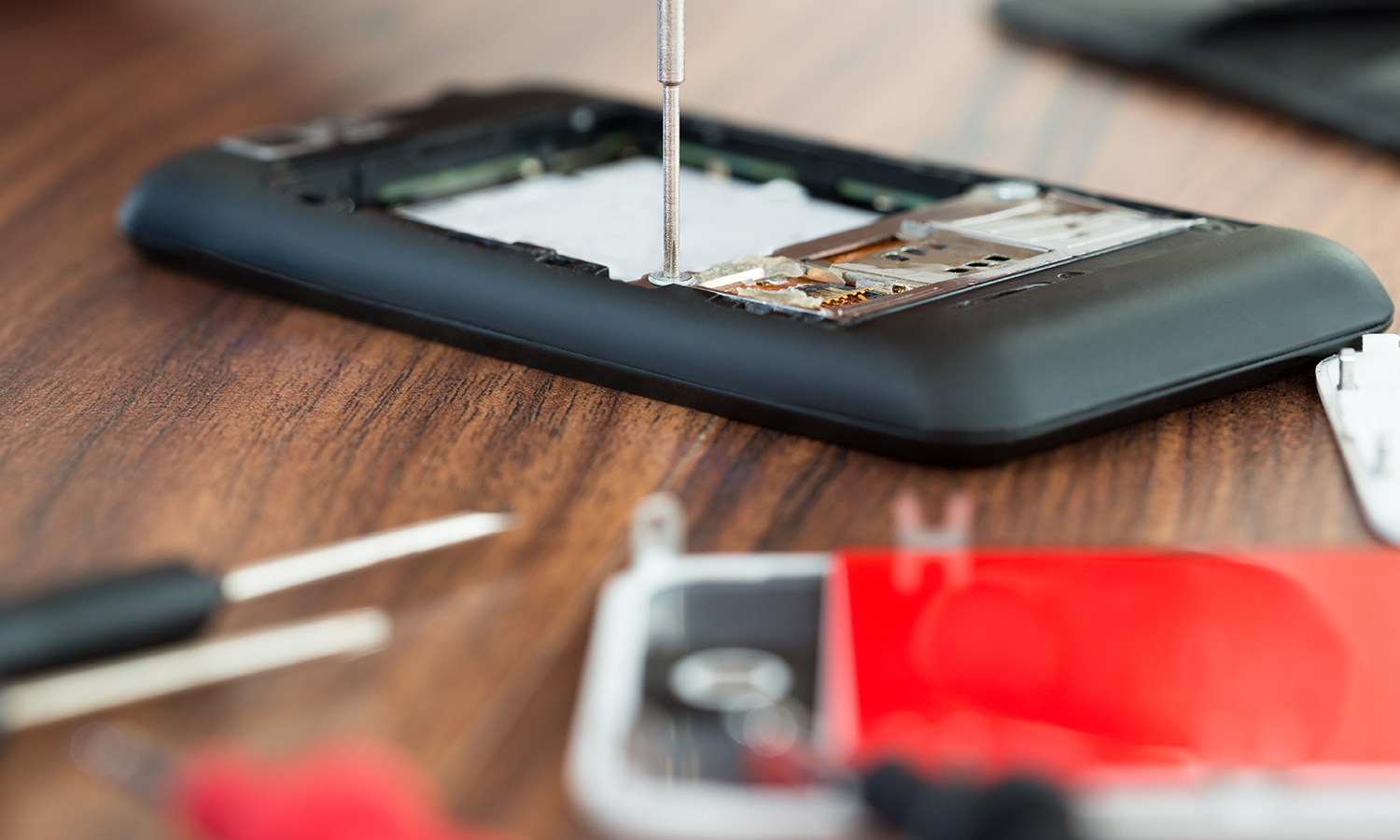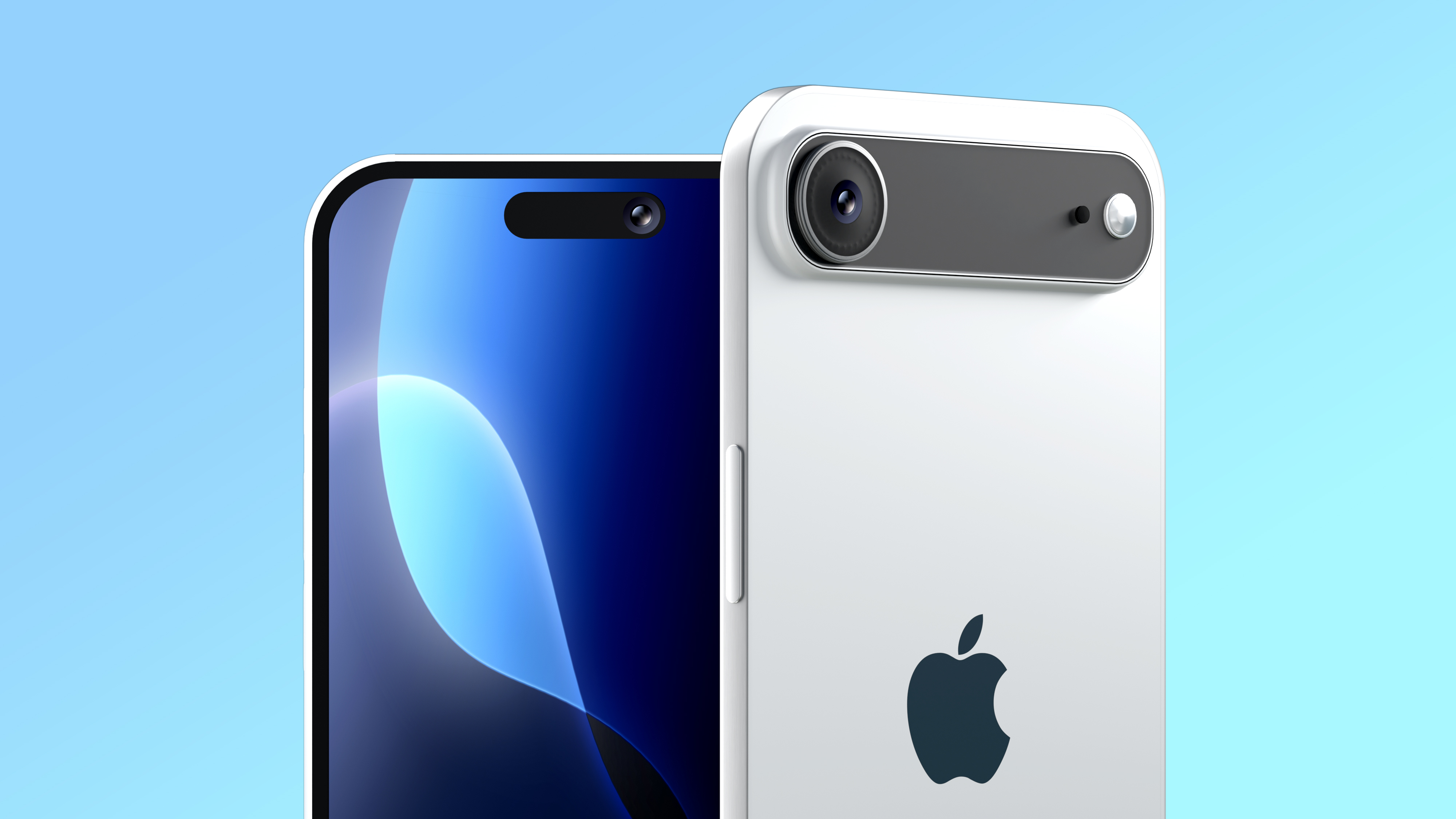Galaxy S7 Owners Fuming Over Locked Bootloader
T-Mobile versions of the Galaxy S7 and S7 Edge come with locked bootloaders, which upsets plenty of power users and developers. What's a lockd bootloader, and what's the big deal?
Samsung's Galaxy S7 and S7 Edge may be getting rave reviews, but one feature could deter power users from opting for the new flagships. Disappointed T-Mobile customers are reporting that their new Galaxy handsets come with locked bootloaders, and almost 900 of them have already signed a Change.org petition to unlock the devices.

What on earth is a locked bootloader, and why does it have some people upset? Here's a quick breakdown.
MORE: A Complete Guide to the Galaxy S7 and S7 Edge
What is a bootloader and what can I do with it?
A bootloader is the program that starts running once you turn your phone on, and it launches the operating system, such as iOS or Android. You'll recognize this as the screen with the Apple or Android logo that stays for a few seconds after you switch your device on. Being able to access this means you can, with the right kind of know-how, potentially change the operating platform.
This is important to power users or developers, who sometimes customize Android or other open-source software, and want to implement their own features into their devices. Locked bootloaders can also prevent rooting, which gives you access to internal properties such as CPU and scrolling speed. It's like buying a car and being locked out of the hood and not allowed to modify it or swap out components for optimal performance. The Change.org petition calling on Samsung and T-Mobile to unlock the S7 and S7 Edge loaders contends this "cripples the device."
Why would people lock a bootloader?
While it may frustrate some users, carriers and device makers have plenty of reasons to restrict access, with security as the biggest one. Installing unverified software on your phone could make it more susceptible to trojans or other exploits, since the phone maker has not had the chance to check for such vulnerabilities.
Carriers may opt to lock bootloaders to protect network performance, since open access to them can affect how the phone connects with the network. In 2012, Verizon told the Federal Communications Commission (FCC) that the "addition of unapproved software could also negatively impact the wireless experience for other customers."
What does T-Mobile say?
After being tweeted at by vexed customers, T-Mobile CEO John Legere said the issue was "under Samsung's control, but my engineers are asking them for a solution that they can support." It appears that the Uncarrier, which has traditionally kept its devices open, had very little say in the matter.
However, Legere's statement should give its customers some hope that the Galaxy S7 and S7 Edge might be freed in the future, depending on the solution the company's engineers work out with Samsung.
Traditionally, AT&T and Verizon have been known to be more restrictive than T-Mobile and Sprint, with the two larger carriers locking their devices more often than the latter two do. However, Tech Times reports that some AT&T variants of the new Galaxy devices have unlocked bootloaders. It's not yet clear whether the phones are similarly open on other carriers. We've reached out to Samsung on this issue and will update the story when the company responds.
After this story was published, Samsung's head of mobile product reviews Philip Berne tweeted in response to the post, saying that bootloaders have always been "locked by default, even on Nexus." This is contrary to the Tech Times report that suggests AT&T S7 devices have unlocked bootloaders, as well as TmoNews' observation that "some past Android flagships on T-Mobile have come with unlockable bootloaders."
Berne may simply be referring to the fact that no manufacturer makes a phone that has a mode to allow the user to unlock the bootloader. To do that, most owners would have to use third-party means that in many cases would void the manufacturer warranty.
Are you one of the people upset at the locked bootloaders? Or do you prefer leaving your device alone? Share your thoughts in our forums.
Sign up to get the BEST of Tom's Guide direct to your inbox.
Get instant access to breaking news, the hottest reviews, great deals and helpful tips.
Cherlynn is Deputy Editor, Reviews at Engadget and also leads the site's Google reporting. She graduated with a Master’s in Journalism from Columbia University before joining Tom's Guide and its sister site LaptopMag as a staff writer, where she covered wearables, cameras, laptops, computers and smartphones, among many other subjects.
-
inirasawa Thanks for the review. We already have over 1000 votes!Reply
Also, I think the Samsung guy's comment is not about locked bootloader. Not seeing the original article, I can only guess that the guy was saying "no phones are shipped rooted". "locked bootloader" and "rooted" are similar in concept but they are different. It's easier to root a phone if the bootloader is unlocked. There are other similar terms like "s/on, s/off" for HTC devices. -
shojus Samsung is just getting worse and worse by the year! They just pissed off a large chunk of the development community by doing what they did. That's OK, we have a choice in America as far as what device we hold in our hands on a daily basis. That choice just cost Samsung a pretty penny because they decided we should NOT have a choice! So we vote with our wallets, and then they FEEL the choice may have been a bad one. Ah well, plenty of great phones coming out very soon! :) Thanks for the write-up @cherlynnlow !Reply -
v4npro My thing is, if you buy a phone it should be yours. If you choose to risk security or void the warranty, you should have a right to do so and take that responsibility. Just like the car analogy, I buy a car, if I want to put exhaust, intake, headers, ecu tune, when something goes wrong and I take the car to the dealers nothing will get fixed by warranty since it has been customized. My choice, should be my right.Reply -
JBFountain So Verizon actually convinced the government that modifying a individual phone would affect other customers? That's the most ubsurd thing I have ever heard. As for Samsung making the T-Mobile S7 and S7 Edge with locked down bootloaders, they might as well provide a method to unlock them. If not someone will come up with one, and it will probably work on non-T-Mobile versions. So in essence Samsung will be making it possible to unlock even the variants that the bootloader is requested by the carrier to be locked down. Smart move Samsung.Reply -
Bill_55 How will Samsung unlock the S7 bootloader and leave it locked for those who want the extra security? Will it be a flashable update?Reply -
inirasawa Reply to Bill_55 (I hit the wrong button)Reply
It should be able to be done individually.
But if you're talking about your own security, unlocking the bootloader won't make it "less secure". It will make it easier to root the phone. If the phone is password protected and data is encrypted, whether it's rooted or not is irrelevant. The carriers are worried about their network, not your privacy.
But the whole idea here is "YOU should be the one to control/decide how secure YOUR phone is!" And that's why we are fighting here. -
CherlynnLow Reply17685073 said:Samsung is just getting worse and worse by the year! They just pissed off a large chunk of the development community by doing what they did. That's OK, we have a choice in America as far as what device we hold in our hands on a daily basis. That choice just cost Samsung a pretty penny because they decided we should NOT have a choice! So we vote with our wallets, and then they FEEL the choice may have been a bad one. Ah well, plenty of great phones coming out very soon! :) Thanks for the write-up @cherlynnlow !
Thanks for the comment, shojus =)
-
CherlynnLow Reply17684998 said:Thanks for the review. We already have over 1000 votes!
Also, I think the Samsung guy's comment is not about locked bootloader. Not seeing the original article, I can only guess that the guy was saying "no phones are shipped rooted". "locked bootloader" and "rooted" are similar in concept but they are different. It's easier to root a phone if the bootloader is unlocked. There are other similar terms like "s/on, s/off" for HTC devices.
Congrats on getting the votes you needed! I believe Samsung is looking into this. Philip and I know each other in real life and I've been trying to figure out what he meant. We'll get you a statement from Samsung as soon as they have one =)
-
Shane_24 Both Boot loader and Carrier Unlocked is the only way to go with a new smart phone if you are a serious user.Reply -
tteksystems Where do people vote or sign these petitions?Reply
Bottom line is I am guilty for the utmost hatred of Samsung due to the ongoing battle every time a new phone is released. I was with Verizon for the longest and realized that T-Mobile had a way better service in my entire state but that T-Mobile variants of Samsung phones had more success with unlocking of bootloaders. Now, I am almost finished gloating about how I ditched Verizon for their worthless service that cost me triple what I now pay with T-Mobile but now there is this issue with the new S7. I ALMOST bought it and now I am glad I did not. I was finally getting happy that I could use the otherwise good equipment Samsung has to offer but as long as they are not giving me the freedom to choose how I use my phone, I'm not buying. It's personal with me anymore. I've had alot of struggles with Mobile Phones and service and my entire existence in the smart phone world was all Verizon and Samsung up until now. I hope T-Mobile gets a bone here or else it's a Nexus phone for me
As far as my ongoing struggle with Samsung and their choice to start locking bootloaders, It started as concern, evolved into a frustration and has become full blown hatred. II now watch Vizio TVs too. Instead of the term Petition, maybe they nwill listen more intently when they see people BOYCOT their products. I'm all in

